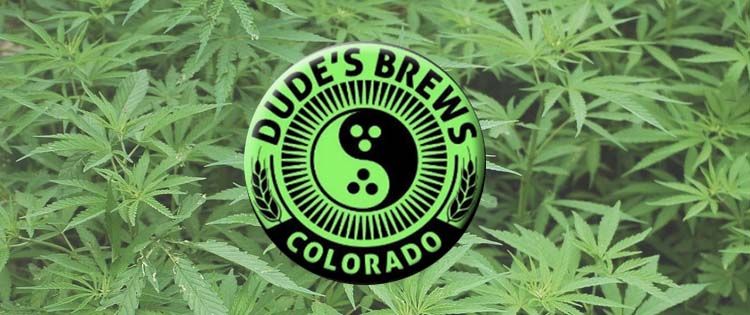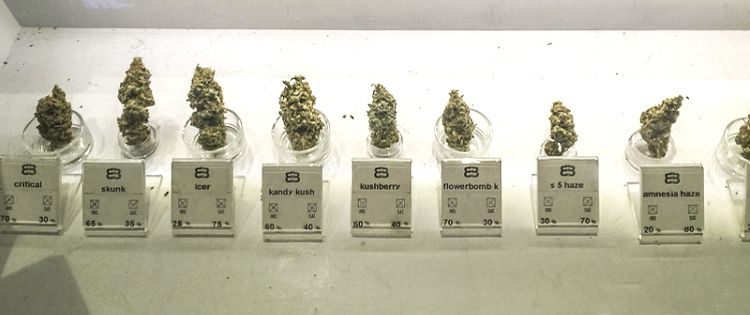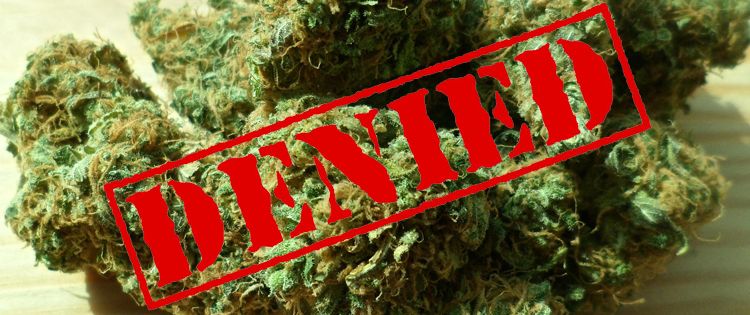The recent DEA decision on marijuana to not reschedule it as something other than a Schedule I drug, in a string of refusals that at this point stretch back decades, may be downplayed in the media. In fact, it is a highly significant event, particularly in light of other matters.
There is no excuse at this point for the DEA or any other federal agency to deny the medical efficacy of the drug – which is really what is at the heart of this debate.
Australia, Canada, Israel and Germany, among other countries, are well on their way to fully integrating medical cannabis into their existing pharma infrastructure.
In Canada and Israel, the largest chain of drug stores such as Shoppers Drug Mart and Super Pharm respectively, are about to begin distributing the drug directly. In Germany, this is already the case. Further, the drug will be formally rescheduled in Germany as of next spring, and fully covered under health insurance.
What appears to be going on in the United States, however, is a battle over who should have the right to classify marijuana and for what purpose.
DEA’s decision to give a Colorado brewer a national license to distribute beer containing CBD may well be part of this discussion – in other words, to regulate marijuana like alcohol rather than medicine.
As has been seen in several states – notably Washington State – where this issue was front and central to the overall recreational legalization debate and regulation that followed shortly thereafter, medical patients lost out.
Cannabis As Medicine

The reality is, particularly after expected results of the November election, that more than half of U.S. states will have come to the conclusion that cannabis, in addition to being a recreational drug, is also medicine. For that very reason, the DEA should, at a minimum, have held off on its announcement of a failure to reclassify this year.
After November, the federal agency will also be out of step with the majority of states in terms of its understanding if not the classification of marijuana as a Schedule I – which means a failure to recognize the medical efficacy of the drug.
From The Patient’s Perspective
The failure to reclassify the drug as something else (either a Schedule II or III) means several other things for patients – all of them negative.
The first is that marijuana, even for medical purposes, will continue to be a cash-only business. This places additional burdens on patients, who must first get the cash they need and then travel to their local dispensary for the purchase of the same.
It also means that marijuana as a legitimate medicine will continue not to be covered by health insurance of any kind – meaning that patients who rely on the same will be forced to continue to pay out of pocket for their medicine. This places a heavy financial burden on this population of people – who are also the nation’s poorest.
Domestic research on the drug will also be hampered by this decision. The classification of cannabis as something other than a Schedule I means that medical researchers will finally be able to further study the medical efficacy of all cannabinoids. Right now the only funded research in the United States, paid for by the taxpayer, is happening at a state rather than federal level.

It also means, right at a time when cannabis is being shipped internationally by Canada, and indeed by some U.S. manufacturers (to Argentina), those living within the United States will still be constricted by old fashioned and outdated laws that have nothing to do with the present reality – except to delay the final and inevitable decision.
What this situation also does is create an ongoing advantage for established pharmaceutical companies now angling to enter the pharma space.
It may well be that the DEA decision signals the federal government’s intent never to reclassify marijuana bud cannabis as a legitimate medicine in the United States – forcing patients into a pharma stream for medicinal products rather than smoked or vaped herb.
Delay, Delay, Delay
The fact of the matter is that there is more than enough evidence of cannabis’ efficacy as medicine for the DEA to reclassify the drug now.
For the agency to issue a new denial, right before a hotly contested election where marijuana legalization is perhaps the most important issue in front of American voters as who enters the White House next year, is another cynical move on the heels of many.
The incoming inhabitant of 1600 Pennsylvania Avenue will almost surely be in office when federal rescheduling – of some sort – takes place. How that will look and what form it will take (and to whom and what it will be applied) are likely to shape the next phase of the legalizing industry.
Unfortunately, the biggest losers in all of this are the people who need cannabis the most – patients themselves.
While the end of prohibition is clearly in sight, the new face of the cannabis industry – particularly on the medical front – may still be less than ideal for those who have fought for medical reform. And sadly, on this front, nothing, really, is very new.
What are your thoughts on this pressing issue?
We would like to hear from you!
- Guenter Weiglein – The Persevering Patient - July 7, 2017
- Dr Peace – A German Cannabis Doctor On The Go - July 5, 2017
- The German Marijuana Edibles Market - July 3, 2017


